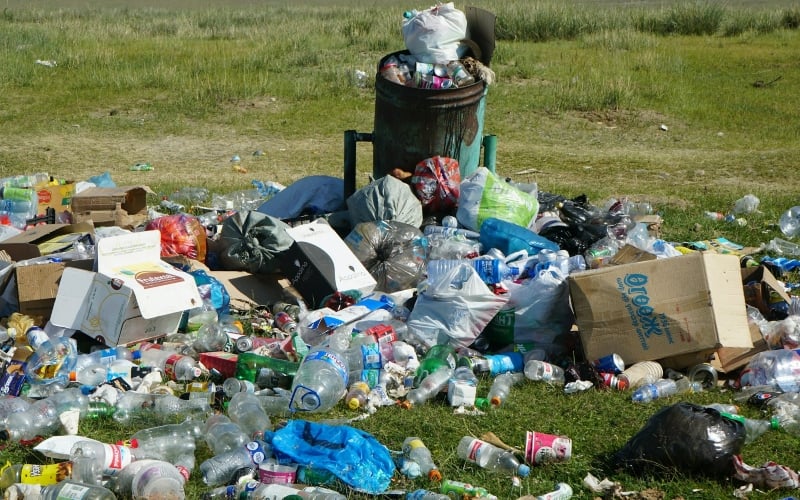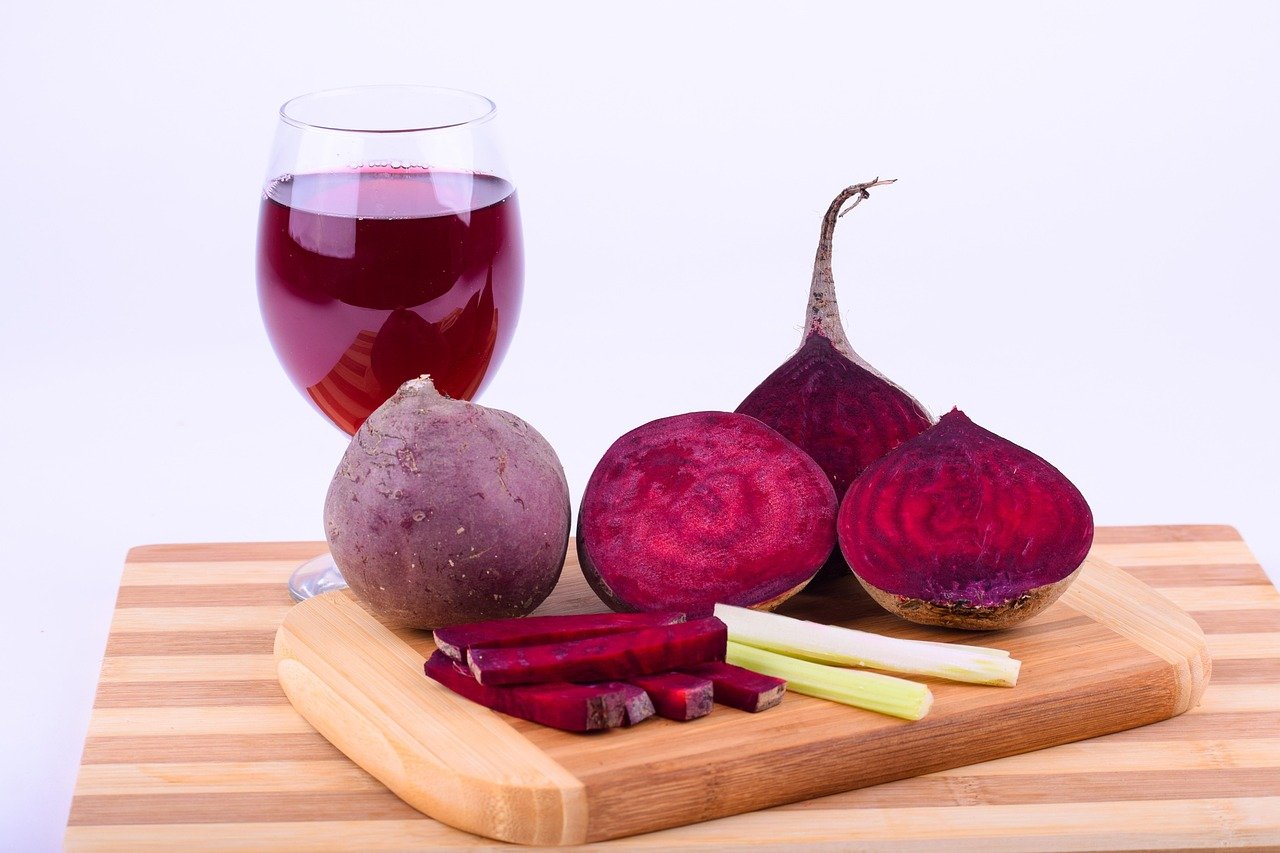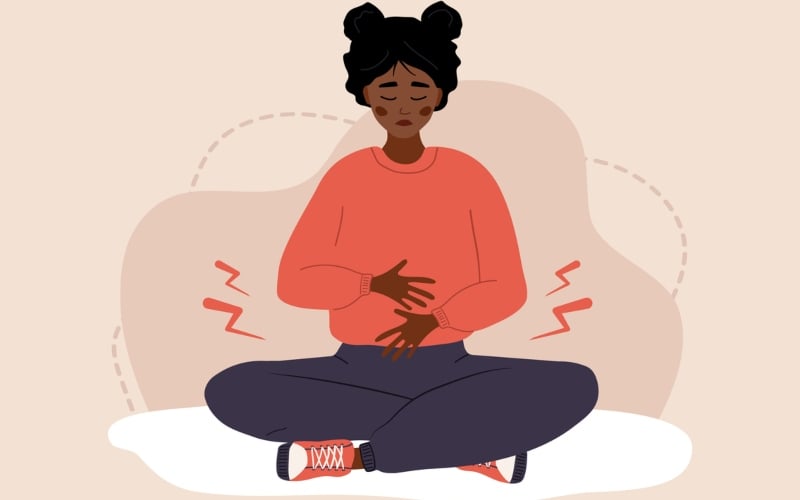CANNABIS CULTURE – A growing chorus of equity movements are swaying courts, one case at a time.
Spurred on by the conviction and lengthy jail sentence imposed on a teenage boy – a grassroots group of Malawian artists and advocates are demanding changes in the countries cannabis policy, a policy they say is unjust.

Mussa John in Handcuffs
Via Twitter
In June, a magistrate court in Blyntre, the commercial capital city of Malawi, condemned Mr. Mussa
John, a teenager, to 8 years in prison for possessing 134 kilograms of Indian hemp.
“It made no sense, it was an overdo, it was cruel,” says Dada Phiri, a Malawi youth musician who
advocated strongly for the teenager to be shown leniency.
Legal if you’re rich
Malawi, the southeast African nation of 18 million, passed a bill decriminalizing cannabis for medicinal and industrial purposes in 2020, almost five years after a motion to legalize industrial hemp was adopted. This was hailed as big dawn in light of the lucrative rise in global demand for medicinal cannabis and Malawi’s tumbling yields in tobacco, a crop that the country used to lead the world in supply.
But grassroots cannabis equality campaigners, who are growing in influence in Malawi point to the
prosecution and jailing of Mussa, the teenager, as an example of two cannabis laws, one for the rich and the other for the rest of the population.
“I’d like to let you know that possession of cannabis in Malawi for the supposedly allowed medicinal and industrial purposes is legal if you come from a rich family,” says Deogracias Kalima, a climate and sustainability campaigner in Malawi. With a $1.90 income per capita per day, Malawi fourth highest percentage of people living in extreme poverty in the world. The Africa Organized Crime Index cites
Malawi as a producer country for cannabis – in particular, its sought-after “Malawi Gold” strain which is smuggled to neighboring countries and afar as Europe. Human rights observers say Malawi’s jails are not friendly to teenagers with malnutrition, lack of clinic bays or juvenile education facilities being the big
risks.

via Twitter
So, led by musicians, artists, and community leaders, Malawi youths threatened a mass protest in Blyntre city, to drive home their anger over the magistrate’s decision to send Mussa John to jail for 8 years for possessing 134 grams of cannabis. Sensing the power of a growing cannabis-equity movement, on 1 September, the high court in Malawi reduced Mussa’s sentence to 3 years in jail, thus increasing his chances of early release parole, says Jairos Nata, a community leader in Blyntre city who was a key organizer of the planned protest.
“We hear that in the US more Black people are in jail for cannabis possession than White. Here in
Malawi, poorer folk get longer sentences for cannabis for a similar charge. The rich get a slap, fines,” he says pointing to the example of a wealthy Nigerian national who was fined K1.5million ($1471) by a Malawi magistrate in September for being found with 17 blisters of cocaine.
“It’s maddening, it’s hair-raising, it’s an insult to justice; 8 years in jail for 134 grams of cocaine which is now legalized partly versus, a $1400 fine for cocaine,” says Jairos Nata the community leader.
When the heat of protests turned up, the president of Malawi wished he had the power to free the
convicted teenager, his advisor told campaigners who were pressing strongly for Mussa’s sentence to be granted a pardon.
Criminalizing Indigenous people and cannabis
What’s happening in Malawi with the teenager’s cannabis conviction is the story of how the legalization of cannabis has also increased the criminalization of indigenous people’s dealing with cannabis says Kalima, the Malawi sustainability researcher.
“Malawi legalized cannabis but only for medicinal and industrial purposes. South Africa did the same.
Licenses for industrial and medicinal processing of cannabis can cost up to $20 000 in these countries. This means yes, cannabis is ‘legal’ but only corporations from Canada, the EU, or China can afford to come into your country and deal in cannabis,” Kalima adds.
The laws and courts forget that before ‘legalization’ came into place, Indigenous people of Malawi and across Africa have been cultivating, processing, and using cannabis for medicinal and leisure purposes, for decades before ‘legalization’, he says. “That’s why our Euro-centric courts, constructed out colonial conquests, still excessively punish poor Malawians for possessing cannabis because they can’t swallow their pride and recognize that Indigenous people use cannabis for decades to treat, say, headaches.”
Promising cannabis advocacy
What the teenager’s court case has gifted Malawi is visibility for a growing movement in Malawi that
wants to address gaps in the country’s cannabis legalization and force courts to take a lenient approach to Indigenous people’s possession and use of cannabis, says Eden Siwela, a bus driver and secretary of the Blyntre Township Dwellers Residents forum, a grassroots grouping advancing the health and civic rights of slum dwellers in the city and one of the campaigners for the teenager to be shown leniency.
“We are there, we are organizing, we’ll not rest until possessing a few grams of cannabis is a trivial
matter that doesn’t attract prison, let alone a shocking 8-year jail sentence,” says Siwela. Siwela admits that the cannabis anti-criminalization movement in Malawi is not yet strong and organized and visible as the likes of Smart Start in the US are. However, the case of Mussa, the convicted teenager, has jolted the courts and authorities to think about not excessively punishing poor Malawians found in casual possession or use of cannabis.
“It’s a small victory,” says Siwela of the high court quashing the teenager’s sentence from 8 years to 3 and the President of Malawi’s office wadding into the matter. “We want the teenager to let go from all
court charges – and a new law that de-criminalizes all uses of cannabis, not just medicinal or industrial.”
There has been some reported signs of executive sympathy for the plight of those with cannabis convictions. A top advisor to Malawi’s President wished that he had the powers to pardon Mussa’s cannabis charges.
“The Mussa John story makes me really sad and I wish I had the authority to grant him the leniency
to set him free. I feel that injustice was served on the young man because the same courts have given suspended sentences and fines to other people who have been convicted of similar crimes, some even worse,” Lucius Banda, Malawi’s presidential advisor on youth and arts Lucius, told local reporters.
If these words of support will translate into policy has yet to be seen.
Feature image courtesy Twitter
Original Article










